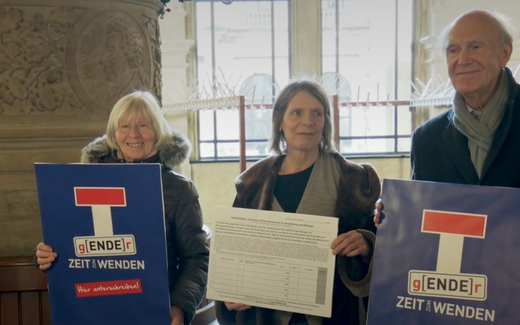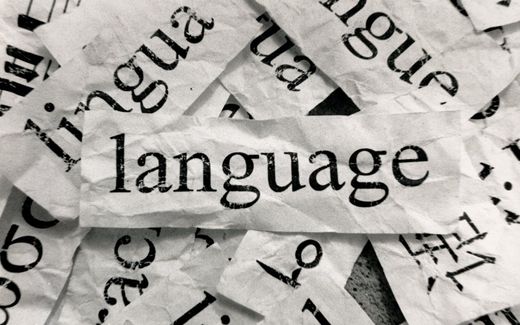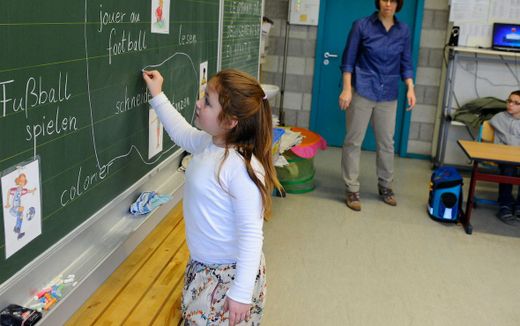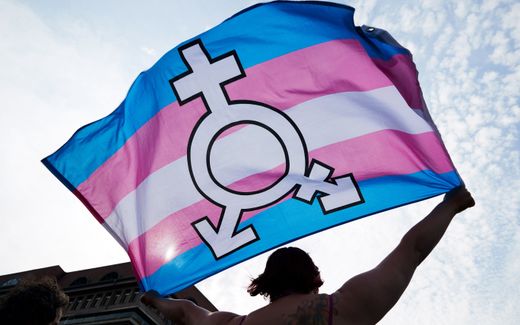How Austria’s church newspapers deal with gender-neutral language
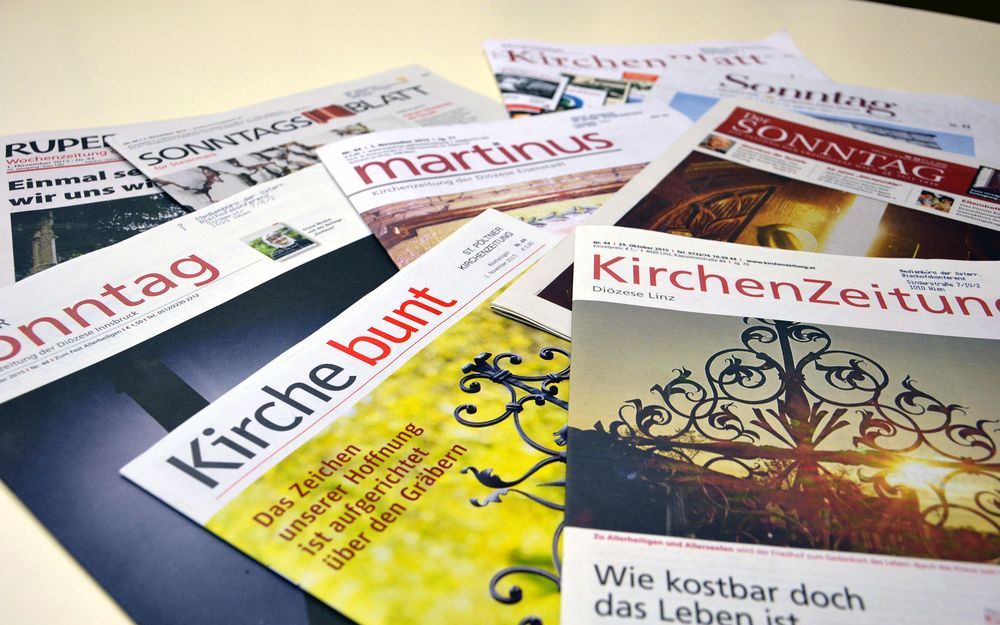
Austrian church magazines use gender-friendly language. Photo Kathpress
Central Europe
Editors of Austria’s church magazines have decided to write “discrimination-sensitively” concerning gender. However, individual newspapers follow different approaches.
The Austrian Catholic news agency Kathpress (KAP) surveyed the different publications. It concluded that most church publications in the dioceses had accepted the gender-neutral language. A striking thing, according to the Austrian broadcaster ORF, is that most magazines are led by female editors. Since the beginning of the year, the church newspapers of the dioceses of Linz, Innsbruck, Feldkirch and Eisenstadt have been using a colon, for example as in “Pastoralassistent:innen”, to do justice to both genders. The newspaper “Der Sonntag”, published by the Archdiocese of Vienna, deliberately refrains from using such special characters for readability, as “Kathpress” reports. As a rule, both genders would be mentioned, or gender-neutral formulations would be used.
Gender-neutral language is especially sensitive in the German-speaking world. One of the reasons for that is that gender is a dominant aspect of the language’s grammar. Many words have two forms. Example: “Minister” (male) and “Ministerin” (female) is in the plural “Ministers” (both male and female). In the new order, this must become: “Minister:in” (singular) and “Minister:innen” (plural) to make sure that there is no difference anymore between the male and female words. It is no secret that the issue leads to much debate, also in the church.
Important
According to the director of the Salzburg-based church newspaper cooperation, Monika Slouk, after consultation with the editors, the editors use the colon (double:point). The language style should clarify “that gender sensitivity is important to us,” says Slouk.
The editor-in-chief of the “KirchenZeitung” of the Diocese of Linz, Heinz Niederleitner, emphasises to “Kathpress” that since the beginning of this year the colon has been used instead of the slash for aesthetic and practical reasons, according to Die Tagespost.
The Viennese “Sonntag”, on the other hand, does not use spellings such as the gender star or double point. According to editor-in-chief Sophie Lauringer, such special characters, unfortunately, do not lead to more gender equality for the people involved, but would “disrupt the flow of reading, the reading comprehension of people with non-German mother tongues or people with disabilities and the joy of reading”. In addition, many of the spellings in digital media are not barrier-free.
At the same time, Lauringer emphasised that “Der Sonntag” is committed to the Christian image of man; in reporting, no person is excluded because of their gender. However, this does not support a transgender culture where genders can be freely adapted, exchanged and chosen. However, Lauringer sees no contradiction concerning equal rights: This is “for us, of course, lived practice in the editorial office, in the media house of the Archdiocese of Vienna and reporting”.
Related Articles


